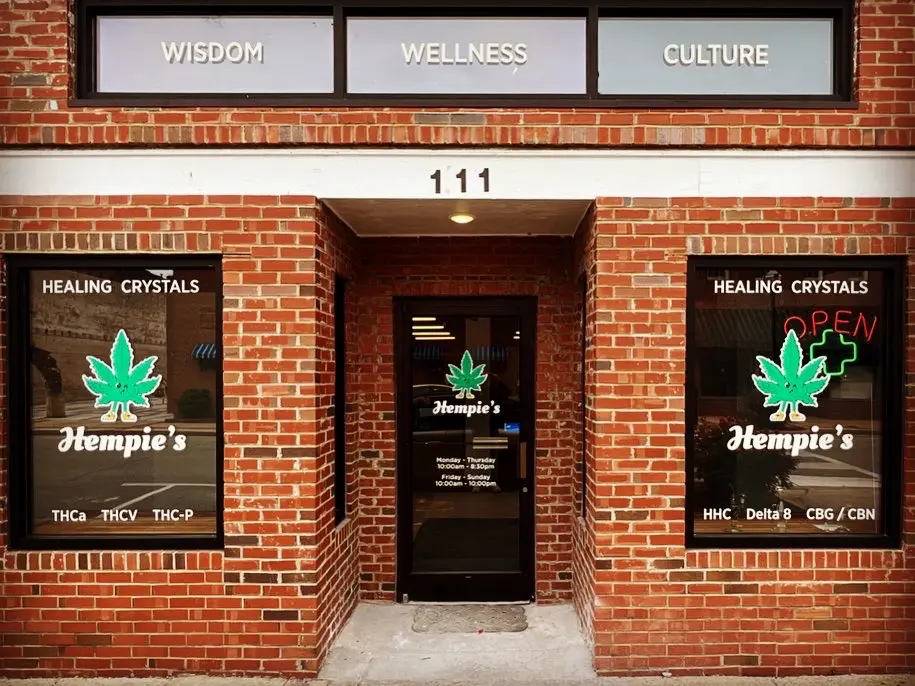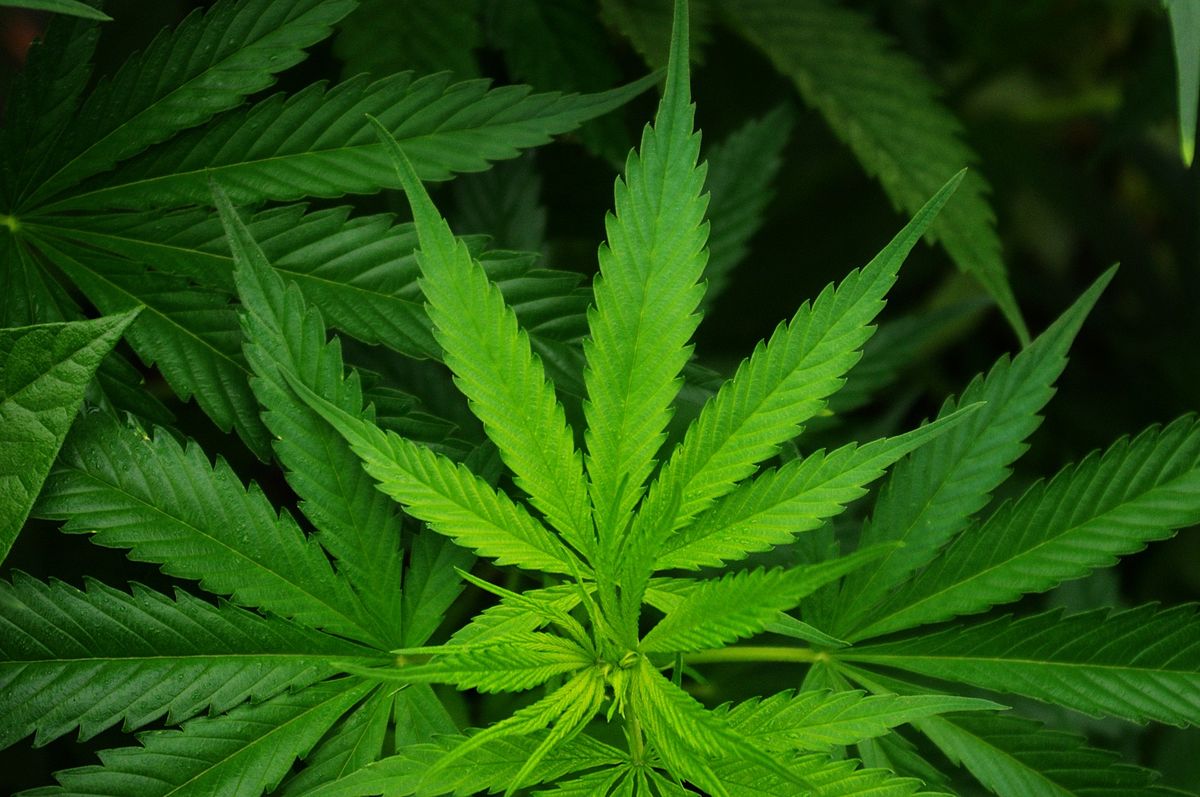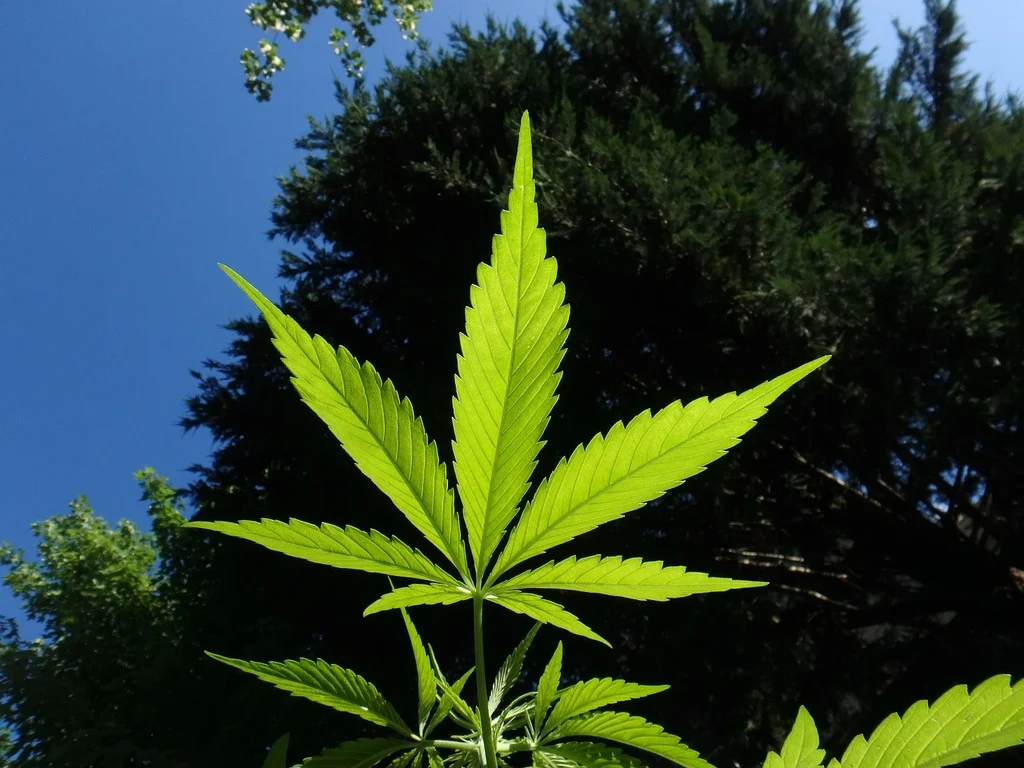That’s the question on everyone’s mind.
So why are we now fighting to keep what was already legal?
Let’s go back.
In 2018, the federal government passed the Farm Bill. It made hemp, defined as cannabis with less than 0.3% THC — fully legal across the U.S. That meant states could grow it, process it, sell it, and build businesses around it.
Ohio followed in 2019. The Department of Agriculture started issuing licenses. Entrepreneurs opened storefronts. Farmers pivoted. Warehouses hired. Labs started testing. It worked.
Today, hemp products are sold in stores across the state — gummies, tinctures, topicals, softgels, vapes, patches, drinks. They’re made from compounds like CBD, Delta-8, CBN, Delta-10, HHC, and others that help people with real problems:
-
Chronic pain from past injuries
-
PTSD symptoms in veterans
-
Anxiety and racing thoughts at night
-
Muscle tension and inflammation
-
Trouble sleeping after trauma or shift work
-
Dependence on alcohol or prescription pills
A 46-year-old nurse in Toledo uses Delta-8 after 12-hour shifts to wind down without wine.
A college student in Athens takes a small CBD gummy before class to manage anxiety without needing a benzo.
A retired Army vet near Dayton rubs a hemp salve on his knees before walks with his grandkids — after years of opioids that left him numb and addicted.
These aren’t hypothetical. These are real people. Real stories.
They buy their products in clean, well-run stores that check IDs, label everything, and follow state law. These shops pay taxes, rent, wages. They keep dollars in local economies. They follow the rules.
And now? Those rules are being rewritten.
SB86 and HB198 would ban most of the products people rely on — not because they’re unsafe, but because marijuana companies don’t want the competition.
Let’s be clear: the state’s medical marijuana system is tightly controlled, hard to access, and far more expensive. Not everyone qualifies. Not everyone wants to register. And most folks can’t afford to spend $60–$100 on a product they can get at a hemp shop for $25.
These bills would force people into that system — or out of legal access entirely.
And for what? There’s no evidence of widespread harm from these products. The CDC hasn’t called for a ban. The FDA hasn’t issued national alerts. Most of these compounds have been studied, used, and regulated for years.
Every industry has bad actors. But the answer isn’t shutting down everyone. It’s smarter regulation — enforce existing laws, mandate testing, and crack down on real abuse. That’s what a good government does.
Instead, Ohio is being pushed toward a ban — fast, quiet, and without input from the people it affects.
So yes, hemp is legal. But that doesn’t mean it’s safe from politics.
Right now, thousands of Ohioans are at risk of losing access to the products that help them sleep, focus, stay calm, stay working, stay clean, stay connected to life.
Small business owners are at risk of losing everything they built.
And a system that was working — a legal, regulated, taxpaying, health-supporting system — is being handed off to corporate marijuana players who didn’t earn it.
This fight isn’t just about keeping something legal.
It’s about fairness.
It’s about access.
It’s about public health.
And it’s about not letting powerful lobbies rewrite the law to suit themselves.
We’re not asking for special treatment. We’re asking to keep what already works.
Hemp is legal. Let’s keep it that way — and fight to protect the people who built it.






